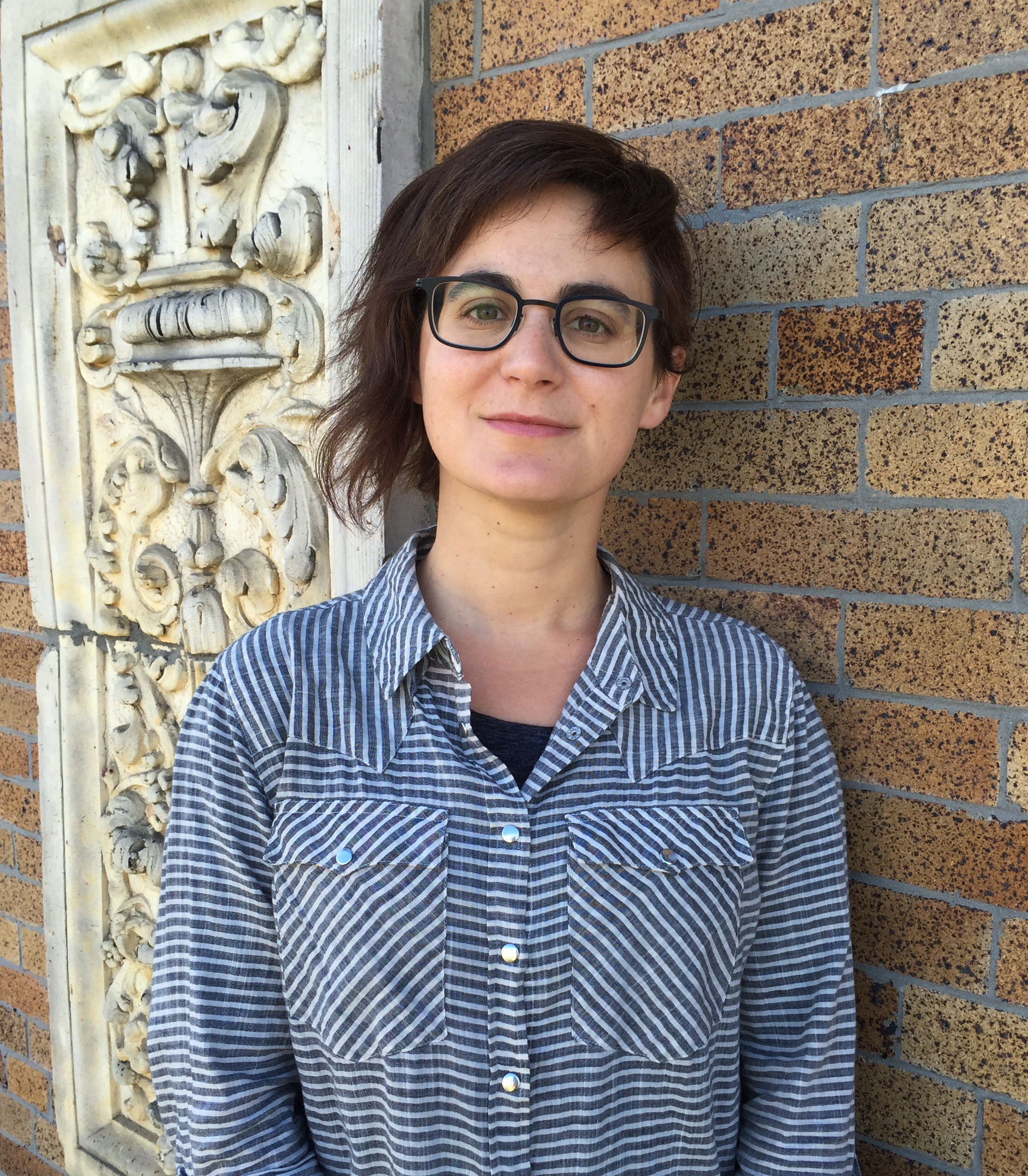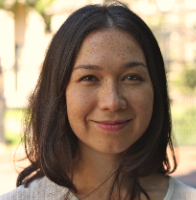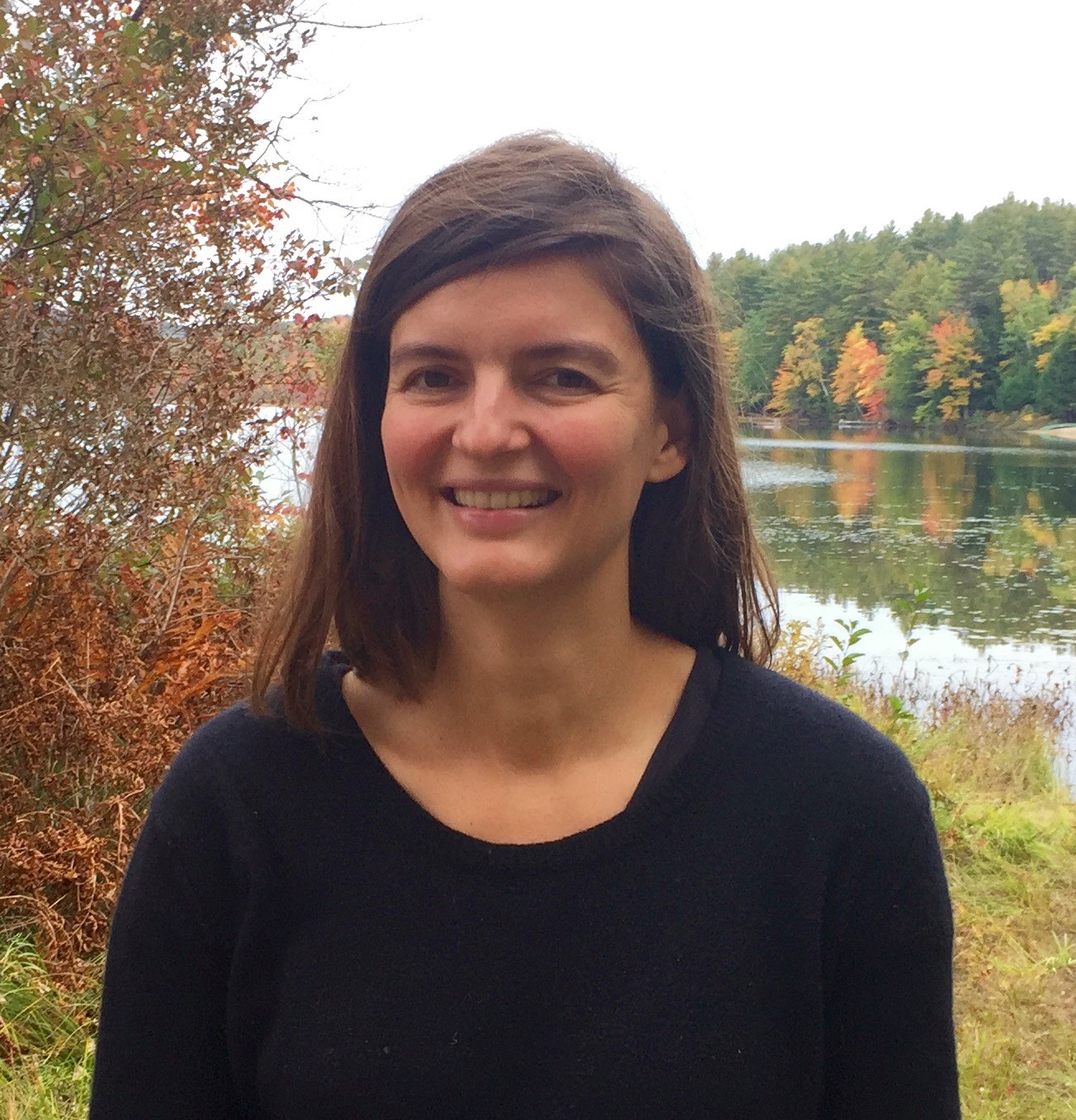Li Cornfeld
Li Cornfeld is a feminist media scholar. She researches the media and technology industries, focusing on the relationship between promotional practice and the formation of public culture. Her book manuscript, Theaters of Invention: Live Performance and Emerging Media, investigates live demonstrations of newly developed technologies. Bridging media studies and performance studies, this work establishes the role of live presentation in shaping media and technology’s cultural dimensions. Previous publications include articles in Feminist Media Studies (a study of “booth babes” at tech tradeshows), Communication, Culture & Critique (research of Twitter, video games, and Shakespeare), and Women & Performance (a study of popular feminism and household technology in the twentieth century). She received her PhD in Communication Studies from McGill University, where her research was supported by the American Association of University Women.
Colleen Kim Daniher
Colleen Kim Daniher is a research fellow at the Center for Humanistic Inquiry at Amherst College and incoming Assistant Professor of Communication Studies at San Francisco State University (beginning Fall 2019). Dr. Daniher is a cultural historian of race and performance in the Americas, and her research utilizes transnational empire, colonialism, and settler colonialism as analytics to investigate racialized perception, embodiment, and aesthetics. She is currently working on a book manuscript on the ambivalently raced and gendered figure of the "amalgamation queen" in twentieth-century transnational American performance. Dr. Daniher holds a Ph.D. in Performance Studies from Northwestern University and was previously a Presidential Postdoctoral Fellow at Brown University.
Amy Johnson
Amy Johnson is a writer, scholar, and facilitator of speculation. A fellow at the Center for Humanistic Inquiry at Amherst College and an affiliate at the Berkman Klein Center for Internet and Society at Harvard University, Dr. Johnson received her PhD from MIT in 2017. In her scholarship, Dr. Johnson integrates the study of science, technology, and society (STS) and linguistic anthropology. Drawing on English, Japanese, and Arabic, she examines unexpected uses of technology, particularly with regard to parody and play, platform governance, and government use of social media. Her research has been supported by grants from the American Council of Learned Societies, the Japan Foundation, and the Wenner-Gren Foundation, among others. In conjunction with her research focus on the unexpected, Dr. Johnson has an ongoing speculative practice. Through workshops, working groups, and lectures, Dr. Johnson teaches the use of speculative techniques to explore the social aspects of current and future technologies. Dr. Johnson is the editor of Drones & Dreams: A Speculative Sprint Story Collection (Digital Asia Hub 2019) and a published author of both fiction and nonfiction; her screenplays have been honored in multiple competitions. She can be found online at amyjohnson.com and tweeting as @shrapnelofme.
Jennifer Pranolo
Jennifer Pranolo’s research and teaching focus on the history and theory of film and photography, aesthetics, and new media. Her current book project traces an alternative genealogy of photographic space, offering new models for thinking through the stakes of contemporary photographic practice in light of the information age. She holds a B.A. in Modern Culture and Media from Brown University, an M.A. in Film and Comparative Literature from Yale University, and a Ph.D. in Film and Media from the University of California, Berkeley. She was a Helena Rubinstein Critical Studies Fellow with the Whitney Museum’s Independent Study Program.
Maria Sidorkina
Maria Sidorkina received her Ph.D. in Anthropology from Yale University in 2016. Her work examines illiberal publics and politics through a focus on language and social interaction. She is currently preparing a book manuscript, Counter-conduct and Collective Belonging in Contemporary Russia, on Putin-era activists’ use of innovative social forms—from “Monstration” parades to “Total Dictation” flashmobs, from discussion “flamewars” to “trolling” protests. Other interests include Soviet language theory and the emergence of new visions of citizenship across online and offline conversations.





